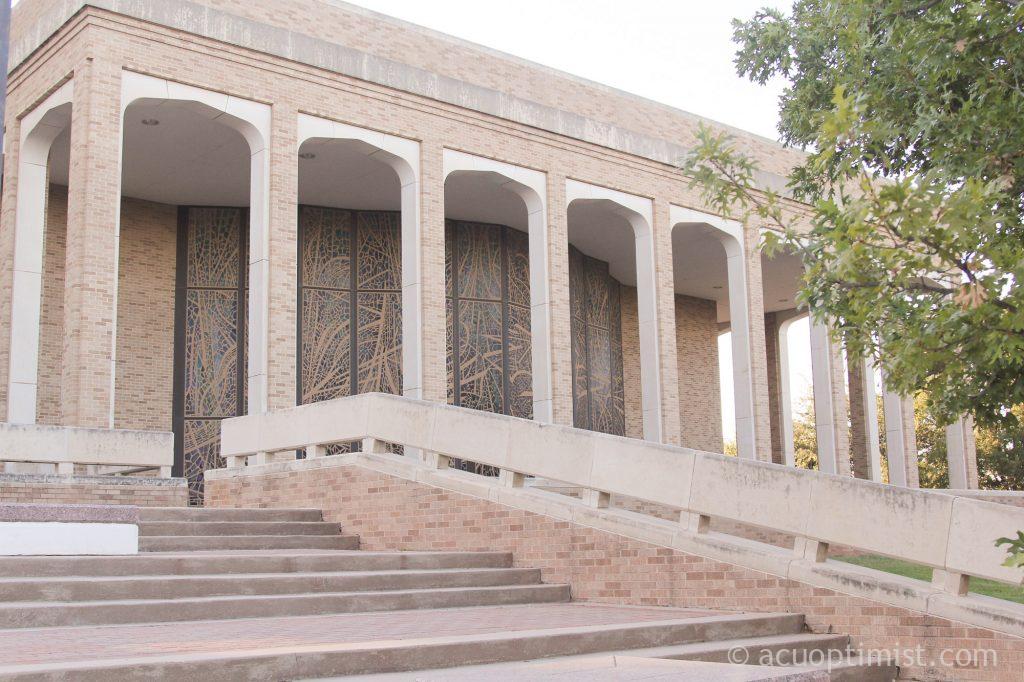About 1 in 3 undergraduate students failed to complete their Chapel requirements during the fall semester.
The Office of Student Life temporarily suspended Chapel probation in the fall because of challenges with quarantines and fewer attendance opportunities than a regular semester.
Dr. Ryan Richardson, associate vice president of student life, said his office sought a more personal approach, reaching out to students rather than automatically giving students probation.
“We did not want to do anything punitive in the fall because we were all just trying to hang on,” Richardson said, “and it was a full awareness that we believe at our core that spiritually formative opportunities are crucial to an ACU education.”
Though COVID-19 has continued to disrupt normal Chapel opportunities in the spring semester, a probation period will be implemented again for students who don’t complete their Chapel requirements. However, Richardson still hopes the process will continue to be more personal.
“The spiritual formation aspect is so important that we are requiring 20 credits this semester. However, if a student were not to accomplish that, we of course will continue to reach out in person. There will be a probationary period after that again,” Richardson said. “It’s not going to be so punitive that we don’t walk alongside the student.”
He said Student Life and the Office of Spiritual Formation recognized the unusual circumstances presented by returning to campus in the fall.
“We just wanted to be as caring and accommodating as possible but rather than just saying, ‘Hey, no worries; you don’t have to do anything.’ We did the reach out personally with a personal approach,” Richardson said.
Spiritual Formation is continuing to provide similar options for Chapel requirements this semester, such as community groups, praise days and come-to-the-quiet events. Leaders hope, despite the continued challenges in reshaping spiritual formation for the students, community will continue to thrive on campus.
Cyrus Eaton, dean of spiritual formation, said he hopes Chapel opportunities will continue to lead to formative moments on campus.
“With this pandemic, when it comes to the conversations about probation, we realize that that’s an important conversation but not the most important conversation,” Eaton said. “We really think that although these challenges have been inconvenient we believe they’re going to provide avenues for some of our greatest transformations as a community so we’re really grateful that students are engaging with us in new avenues.”

